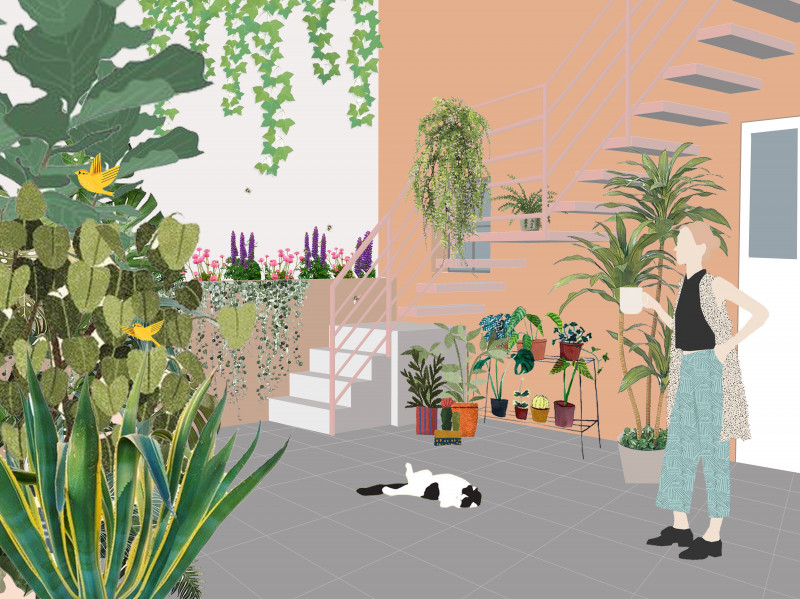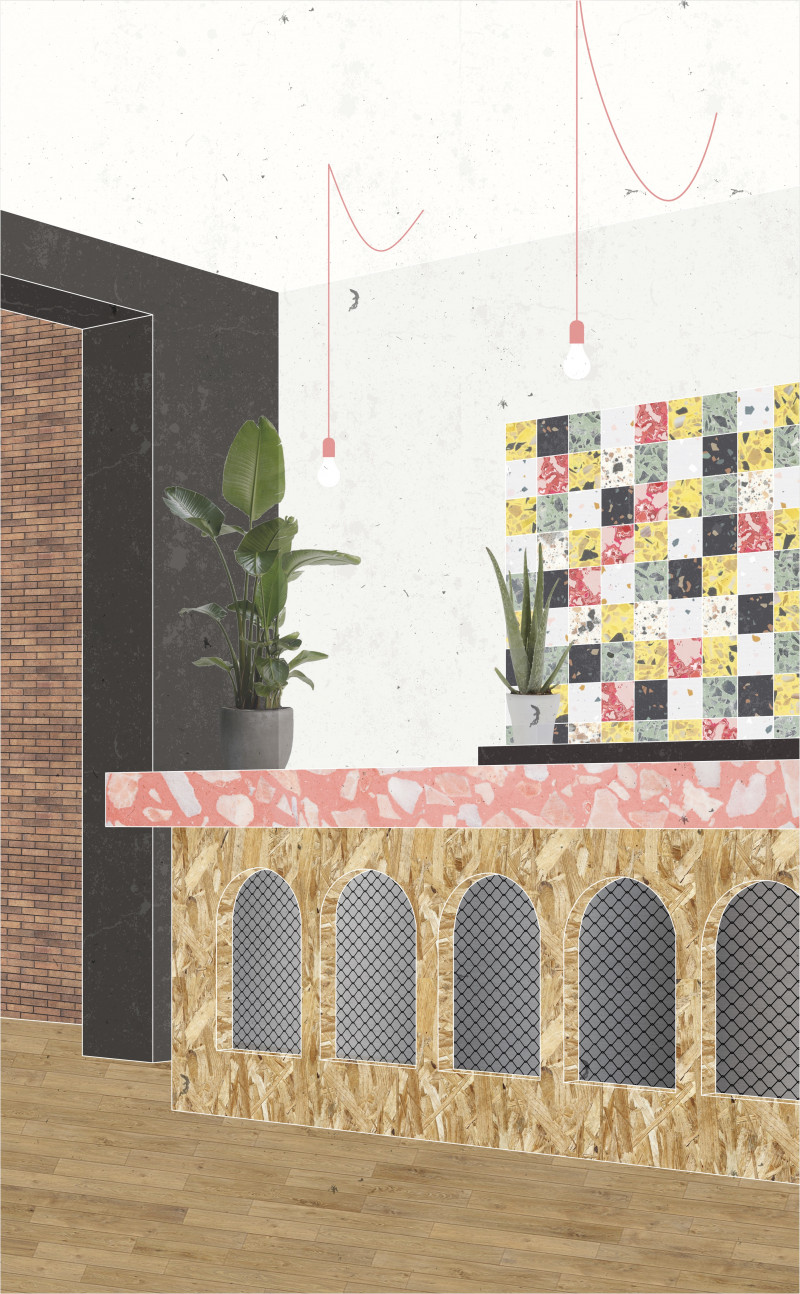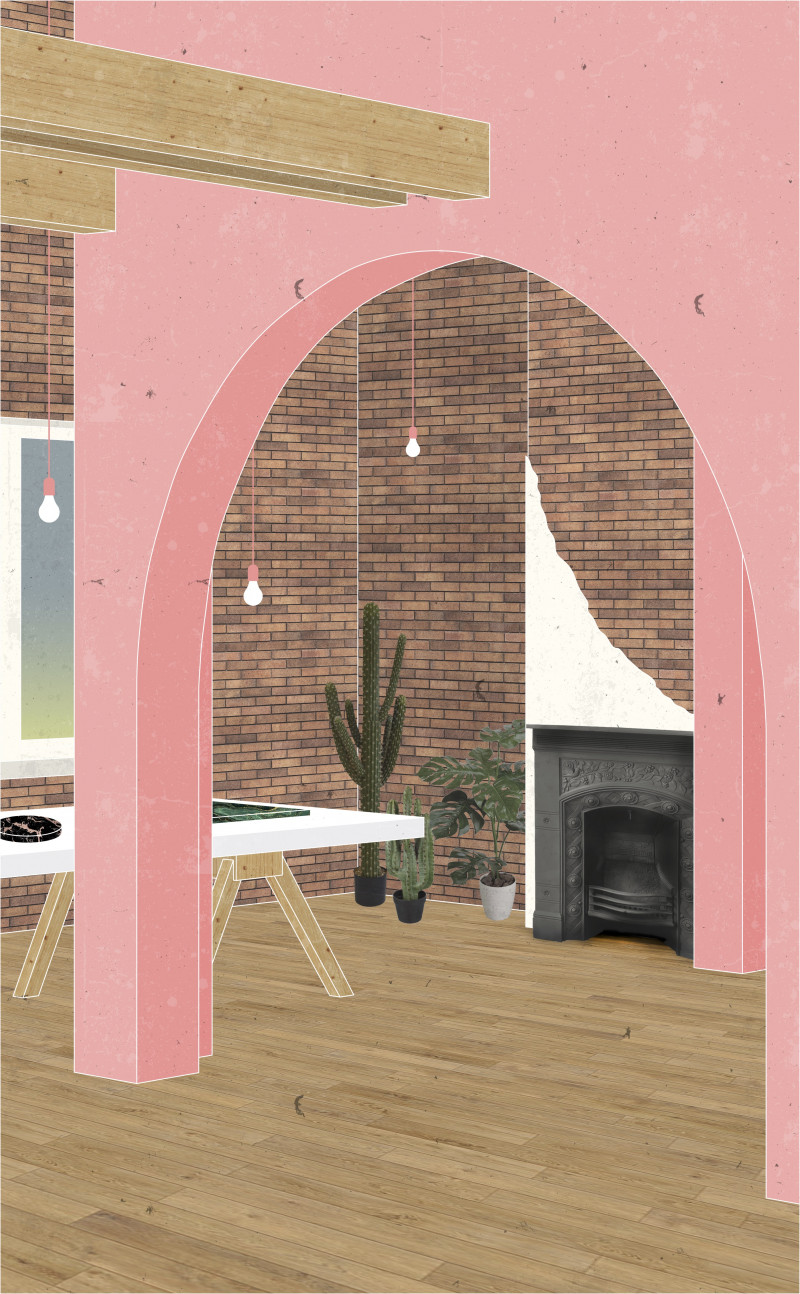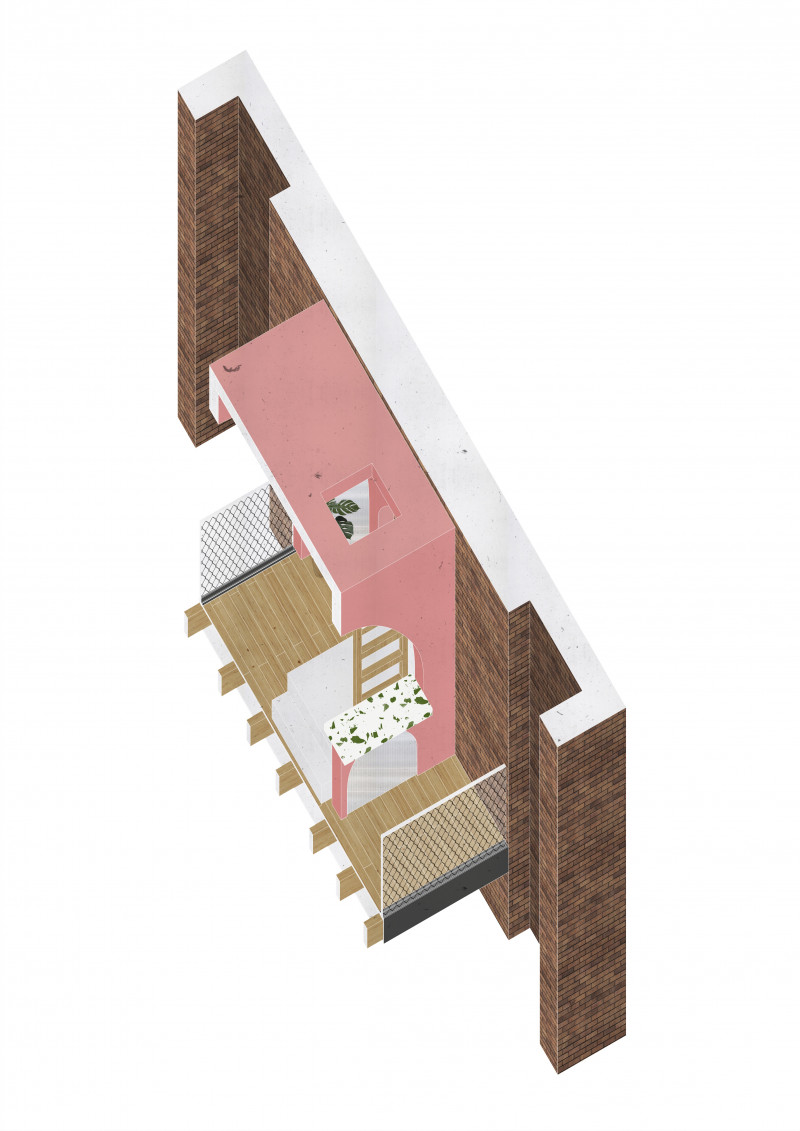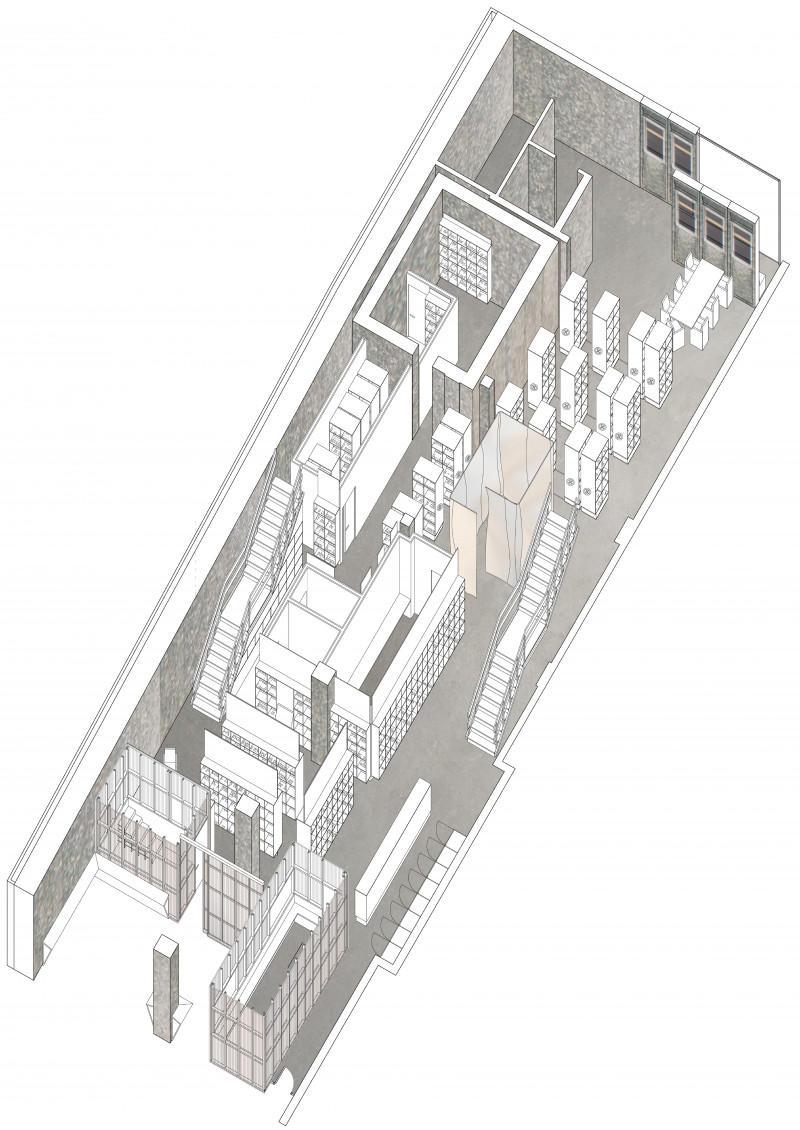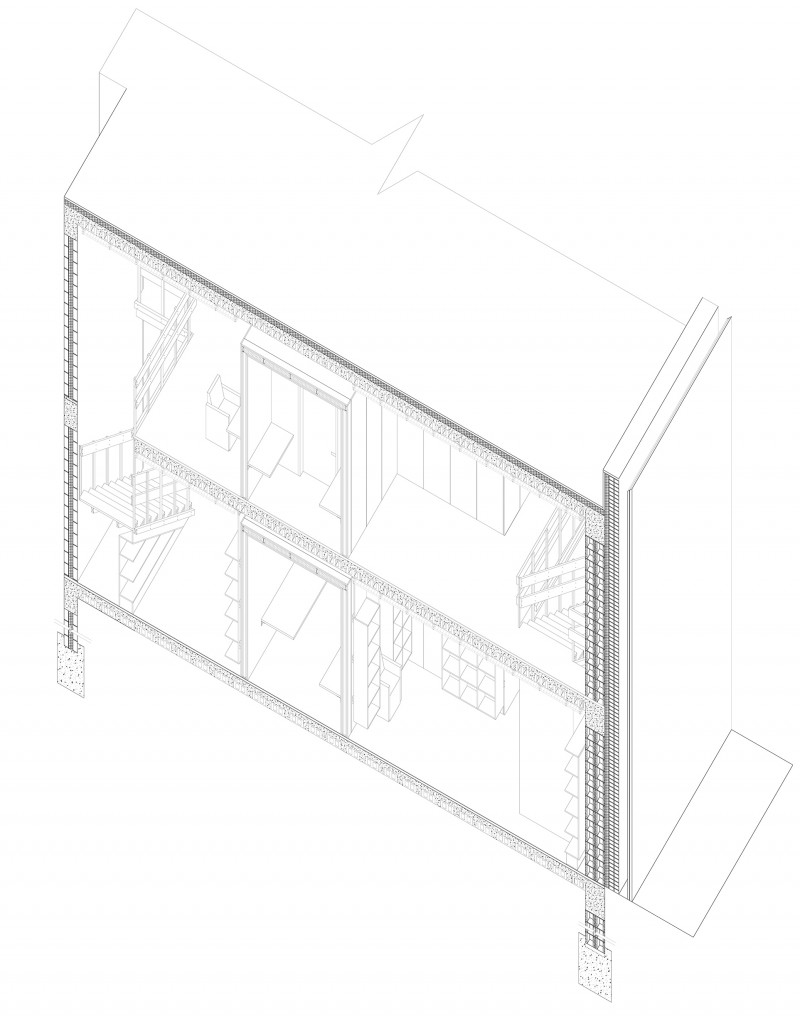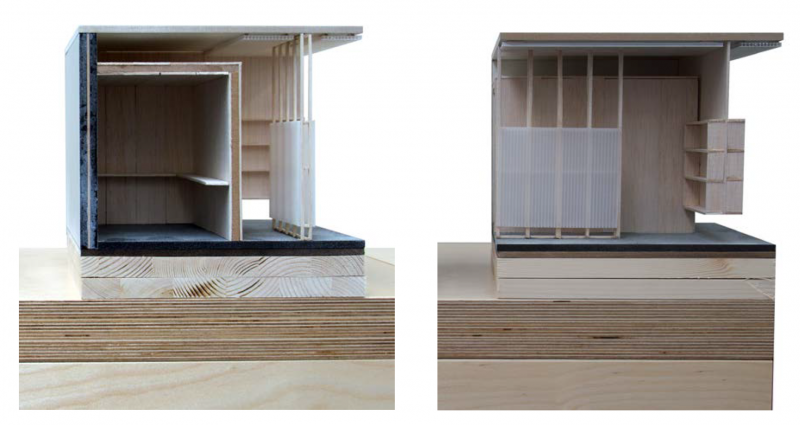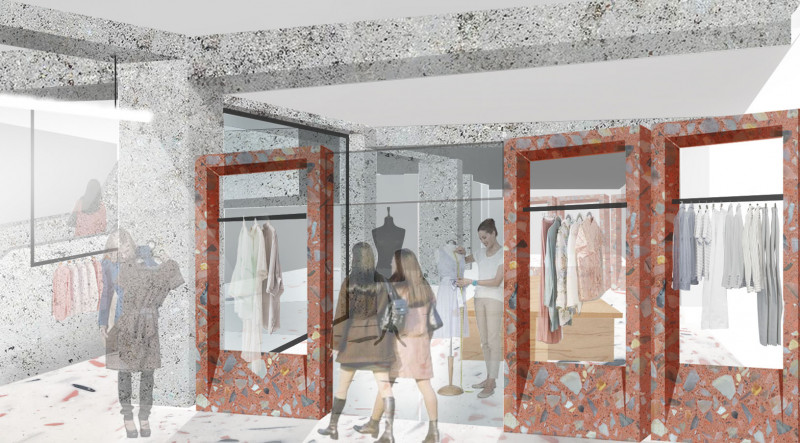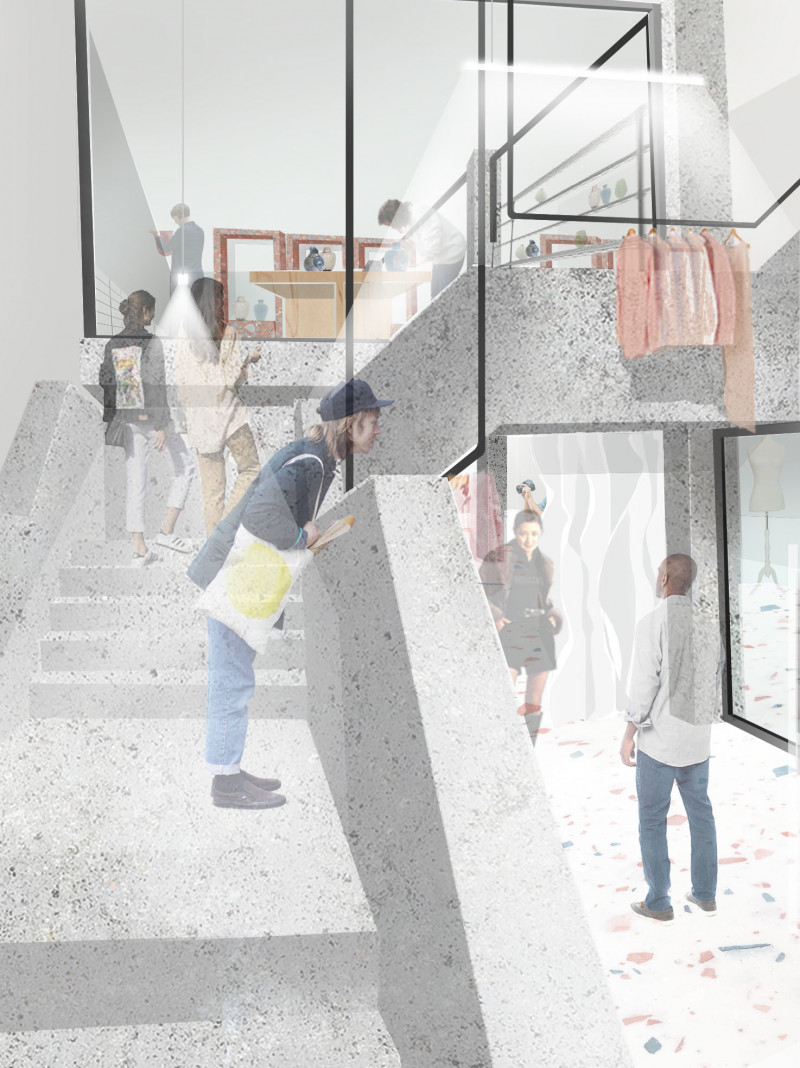Notions of Heritage
The question of heritage is tested through two contrasting urban conditions within our final year projects. One proposes change to a former townhouse, built in the Victorian vernacular during Newcastle’s reign as a mercantile and industrial powerhouse. The other, part of T. Dan Smiths Newcastle, or ‘Brasilia of the North’, his post war, concrete panelled utopian future city.
Through a shared design methodology that includes democratised notions of beauty and cultural meaning, the projects test ideas on providence, aesthetic value, collective memory and worth within two contrasting sites.
Historic Type | Mosley Street
Named after an Alderman of the City in the late 1700’s, Mosley Street cuts perpendicular across the heart of Georgian Newcastle and was an area rich with cultural, performance, industrial, inventive, entrepreneurial and creative histories. Mosley Street was resident to a miniature painter, was the place of conducted experiments in electric lighting and was the first street in the world to be lit by electric bulbs and early performance venues; it was home to the cities enlightened bourgeoisie.
The projects propose a centre for enthusiasts, amateur or seasoned artists, crafts people and artisanal trades to volunteer, meet, work, share, learn, collaborate, interface and sell. Equally, the schemes are open to the public and offer opportunities to consume, purchase, consult and engage in the creative arts as pleasure.
Post-War Type | Pilgrim Street
Pilgrim Street (Vicus Peregronium before 1230) is part of the medieval pilgrimage route between Durham and Lindisfarne. The course of the medieval defensive Town Wall runs perpendicular to the street which runs from the Tyne Bridge to the civic capital of the city. Post war urban regeneration brought a precast and concrete frame commercial district to Pilgrim Street, dissecting former medieval lines with monumental, 6 story office blocks with active fronts for retail. Located here, the Newcastle YMCA have challenged students to design a provision to continue their important social work with an added enterprising task to re-define the charity shop for young people. These spaces provide start-up facilities, studios and workshops for entrepreneurs to design, meet, work, share and learn. They facilitate skills acquisition for the young people the YMCA help, who will produce and sell through supported learning and skills training.



